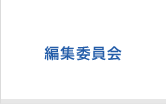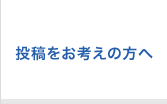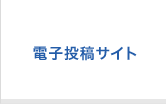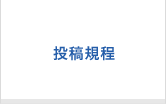<シンポジウム(1)―1―3>脳卒中:脳保護研究の現状と展望(Neuroprotection-Update)
HIF活性化・Akt活性化を標的とした新規脳保護薬の開発
瀧澤 俊也1), 永田 栄一郎1), Hongbo R. Luo2)
1)東海大学医学部内科学系神経内科〔〒259―1193 神奈川県伊勢原市下糟屋143〕
2)Department of Pathology, Harvard Medical School〔Boston〕
We here presented two new neuroprotective agents; a HIF activator and an Akt activator. Hypoxia inducible factor (HIF) plays a pivotal role in the adaptation to ischemic conditions, and its activity is modulated by an oxygen-dependent hydroxylation of proline residues by prolyl hydroxylases (PHD). We discovered a unique compound TM6008, which inhibited PHD and stabilized HIF activity in vitro. Oral administration of TM6008 protected neurons in forebrain as well as focal ischemia. The protection was associated with amelioration of apoptosis but independent of enhanced angiogenesis. Next, elevating Akt activation is an obvious clinical strategy to prevent progressive neuronal death in neurological diseases. We identified a small molecule SC79 that inhibits Akt membrane translocation, but paradoxically activates Akt in the cytosol. SC79 specifically binds to the PH domain of Akt. SC79-bound Akt adopts a conformation favorable for phosphorylation by upstream protein kinases. In a hippocampal neuronal culture system and a mouse model for ischemic stroke, the cytosolic activation of Akt by SC79 is sufficient to recapitulate the primary cellular function of Akt signaling, resulting in augmented neuronal survival. Thus, HIF and Akt activators may be the new therapeutic strategy against cerebral infarction, and be expanded the therapeutic time window for hemolysis.
Full Text of this Article in Japanese PDF (188K)
(臨床神経, 52:911−912, 2012)
key words:HIF,Akt,脳虚血,脳保護薬
(受付日:2012年5月23日)






